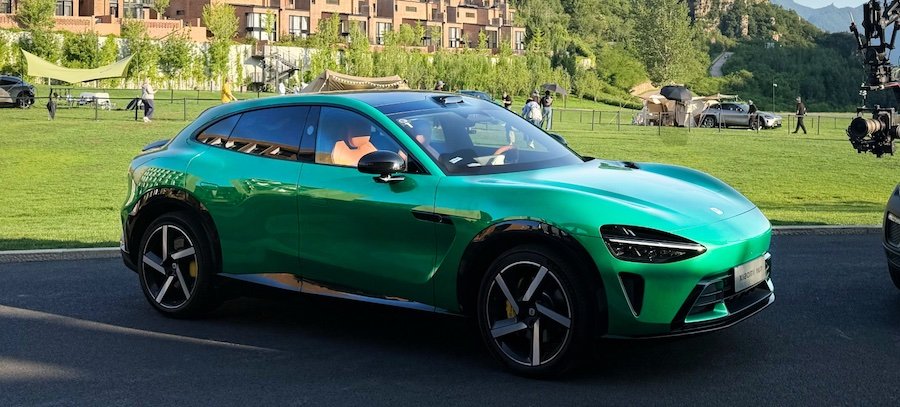Xiaomi YU7 Has Wait Times of More Than a Year, Company CEO Recommends Other Brands

Xiaomi is already a successful carmaker, having gone from no car experience to making one of the most popular EVs on the Chinese market. The SU7 electric sedan has consistently ranked among the best-sellers of its segment, outselling the Tesla Model 3 in China. Its second EV model, the YU7 crossover, is projected to be even more of a hit, and it might even threaten the Tesla Model Y, one of the world's best-selling passenger vehicles.
Rough estimates indicate that Xiaomi received almost 300,000 preorders for the YU7 within an hour since it opened the order books. However, the first month of production only resulted in a little over 6,000 units delivered to customers. This reflects serious production bottlenecks at the Chinese carmaker's factory in Beijing.
Xiaomi has a 150,000-unit installed capacity at its Phase 1 factory, where the SU7 sedan is produced. The company completed the Phase 2 factory in mid-June with a similar production capacity. This is dedicated to YU7 production but will not reach the planned output until YU7 production fully ramps up. The YU7 seems to have a slower ramp-up process than the SU7, which showed an impressive production performance in 2024.
This production bottleneck resulted in long wait times for the SU7 sedan, which only worsened once the YU7 orders began. Customers have to wait over eight months for some SU7 variants, while the YU7 crossover has delivery estimates of over a year. This seems like a good problem to have as a carmaker, but it's hardly ideal from the customer's standpoint.
As people lost patience waiting for the YU7 delivery, Xiaomi CEO Lei Jun promised that the company would work hard to increase production. He also made a strange recommendation for those who cannot wait. Namely, to buy another electric car from a rival carmaker, an unprecedented move that was highly commented on social media. At the time, Xiaomi recorded many complaints about the long wait time for the YU7 crossover.
"If you need to buy a car quickly, other China-produced new energy vehicles are pretty good," Jun wrote on his Weibo account in July. "Followers should check out Xpeng’s G7 SUV, Li Auto’s i8 electric minivan or even Tesla’s Model Y," he said, according to Bloomberg.
Xiaomi is not the only carmaker facing production bottlenecks, with Tesla famously reporting a "production hell" when it ramped up Model 3 production in 2018. If anything, the young carmaker did an impressive job with the SU7, which surprised even the most seasoned industry veterans. The YU7 will likely face even more pressure in its first year of production, considering that demand is expected to be higher.
Related News


